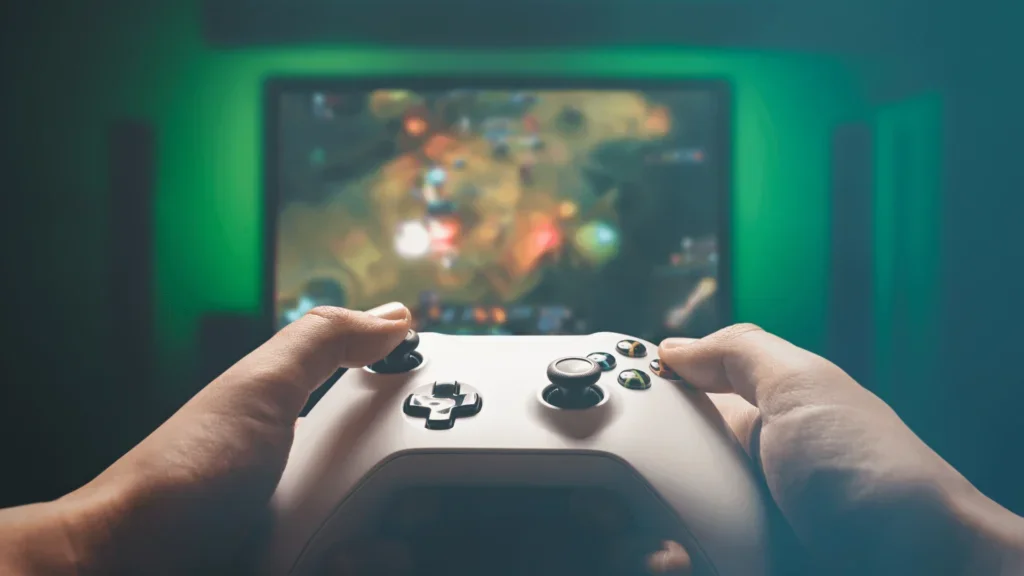Brighter Side of News
2d
318

Image Credit: Brighter Side of News
Study finds video games improve mental well-being
- Video games have become a popular pastime and concern about their impact on mental well-being has been contentious.
- Public concerns about gaming’s impact on mental well-being have cast gaming in negative light.
- Contrary to those public concerns, new research suggests gaming provides unexpected benefits to mental health.
- During the COVID-19 pandemic, supply chain disruptions limited access to gaming consoles like Nintendo Switch and PlayStation 5 (PS5).
- Japanese retailers used lotteries to allocate these devices, creating an unintentional randomized distribution of console ownership. Researchers leveraged this situation to evaluate the causal relationship between gaming and mental well-being.
- The study revealed that owning a PlayStation 5 led to a smaller improvement of 0.12 standard deviations than owning a Nintendo Switch that improved mental health by 0.60 standard deviations.
- Interestingly, the psychological gains varied depending on age and gender
- Researchers suggest that policymakers should consider these findings in taking a more nuanced approach in studying digital media’s effects on health.
- The study provides valuable insights to global organizations like the WHO and UNICEF to develop more balanced strategies for managing digital media consumption.
- The research paves the way for future studies to explore personalized gaming experiences as a pathway to targeted mental health interventions.
Read Full Article
19 Likes
For uninterrupted reading, download the app